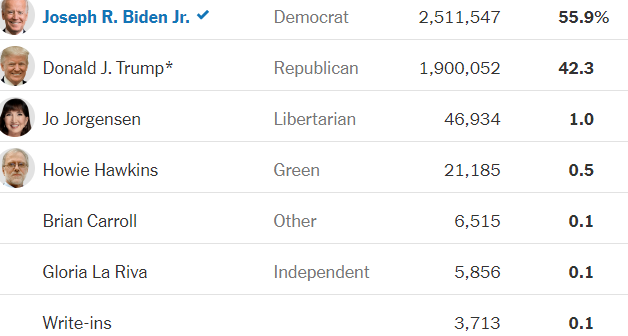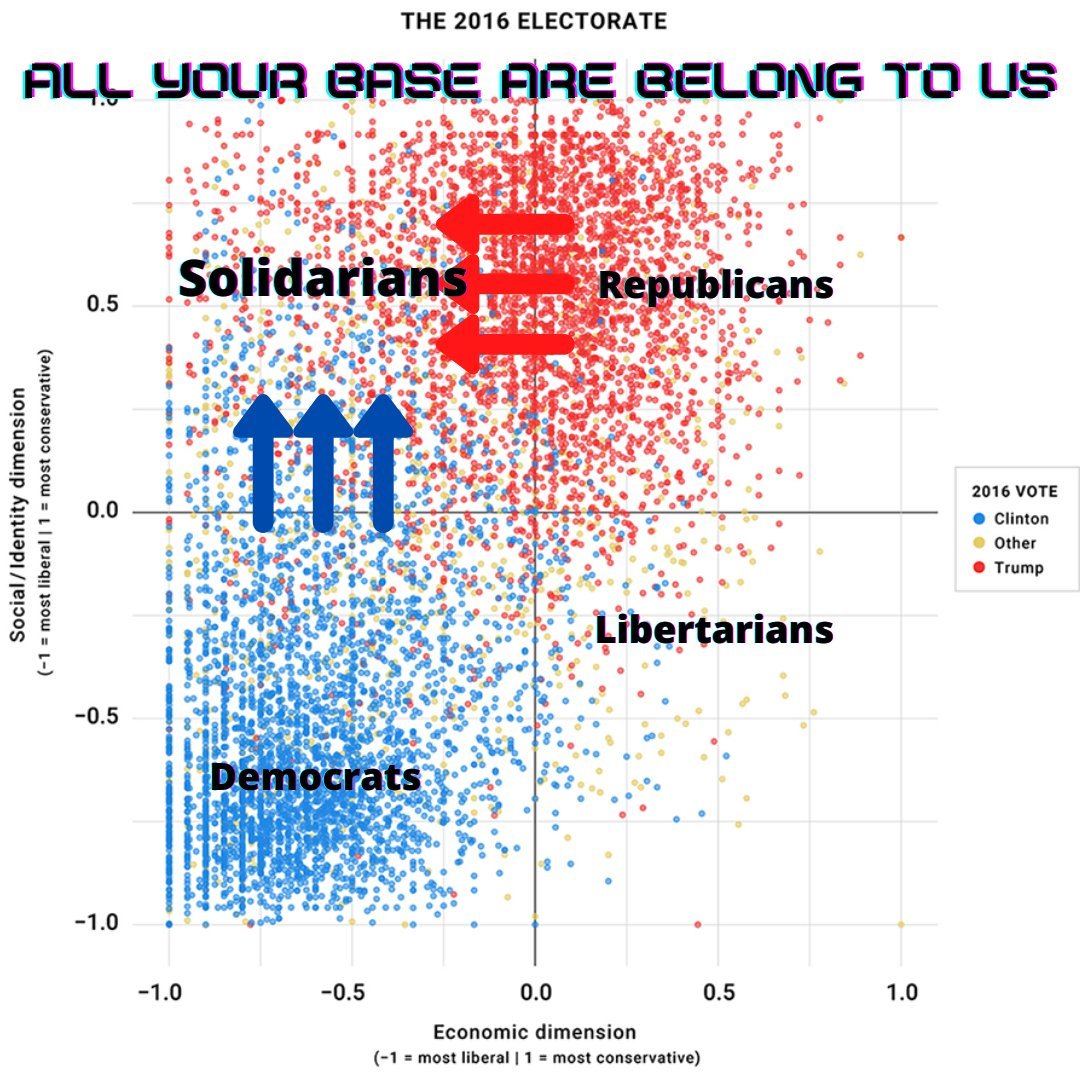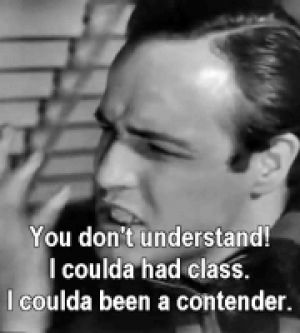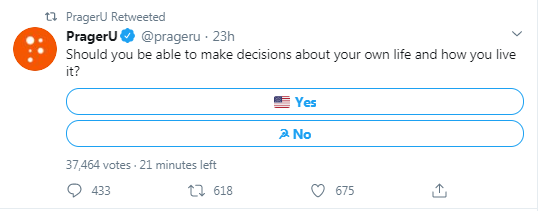
A thread of (partial results) for the ASP:
With most of the votes in, we have 5,412 votes in Wisconsin. In percentage terms this our best result in the country.
We also beat Don Blankenship.
With most of the votes in, we have 5,412 votes in Wisconsin. In percentage terms this our best result in the country.
We also beat Don Blankenship.

The CP is about 30 years old and at one point was the country's 5th largest party, so we're pretty pleased about this.
In Illinois, we have 6,515 votes counted so far, but there is still more to come.
Currently 5th of 6th, beating the Socialism and Liberation Party.
Currently 5th of 6th, beating the Socialism and Liberation Party.

On a crowded ballot in Louisiana, we've got ~2,500 votes, and apparently people there like us better than most other 3rd parties. 

716 votes in Rhode Island (a few left to count) and 207 in Vermont. The Rhode Island results are about the same percentage as elsewhere where we're on the ballot (it's just a really small state!)
Finally we got 2,100 votes in Colorado so far, coming in 8th of 21 candidates (can't even fit them all in this image). This more than doubles our 2016 performance, and we also beat several well-financed independent and third party campaigns. 

That leaves the write-ins, where we expect to get a large share of our votes. Some states are already starting to report them. We know that we have more than 1,000 write-ins in Texas, with only partial results. Stay tuned for more.
• • •
Missing some Tweet in this thread? You can try to
force a refresh










